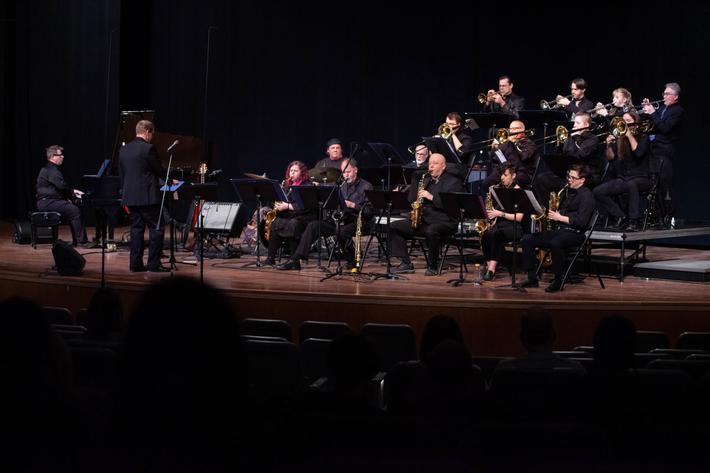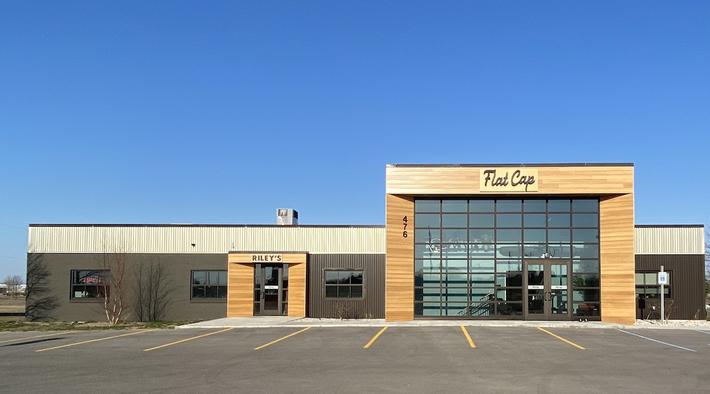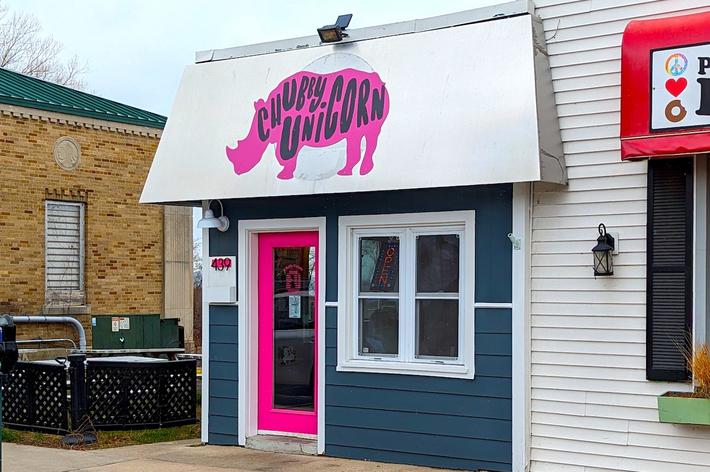A Closer Look At School Funding
April 22, 2016
There has been a lot of discussion surrounding Traverse City Area Public Schools’ (TCAPS) decision to close two — possibly three — elementary schools over the next two years. Officials have blamed decreasing revenues, aging facilities, and declining enrollment for the needed closures.
The rise of charter schools, tight state funding and a societal trend toward smaller families have also contributed to the shrinking numbers. TCAPS is losing students, but remains responsible for fixed costs like buildings, employees and pensions.
The schools — Interlochen with 174 students, Old Mission with 171 students, and the International School at Bertha Vos with 55 — don't have high enough enrollment to cover the costs to keep them running. Administrators estimate that these closings will cover a $1.2 million deficit for the 2016-2017 school year.
I believe that without a new, more equitable funding model that takes into consideration both declining enrollment and our increasing poverty rate, TCAPS will be increasingly burdened by growing costs and shrinking revenue.
It is notable that while outlying schools have been experiencing declining enrollment, those closer to the Traverse City core are at or near capacity for the 10,000-student district. And as Grand Traverse County continues to grow (primarily with the 45 and older population), the numbers of young families with schoolaged children is steadily declining. And, without young families — and the homes that house them and the jobs that support them — our region will face economic decline.
This notion is supported by a recent Traverse City Ticker interview with Superintendent Soma, where he acknowledged that Kingsley had increased their enrollment by 40 students last year. “Kingsley appears to be a place that is finding a way to deal with affordable housing issues and creating a viable living community for families,” he said.
Common strategies for economic development have included marketing Traverse City as a retirement destination for wealthy adults or as a hot-bed for young creative talent. Yet vibrant communities need people of all ages for longterm stability. According to a 2008 American Planning Association survey of practicing planners, 97 percent agreed that families with children are important to economic growth, sustainability and diversity. Ninety percent agreed that communities that keep residents for the whole life cycle are more vibrant.
Declining enrollment isn’t unique to the TCAPS district. Over the past decade, K-12 enrollment in public schools is down 11 percent statewide, falling from just under 1.7 million in 2003 to below 1.5 million this past year. A memo from the Michigan Board of Education published in November 2014 states, “With funding flowing largely through the per-pupil foundation grant, the financial condition of schools, and performance of Michigan’s school children is affected directly by enrollment changes.”
Fully 80 percent of public school funding is provided on a per-pupil basis. Before the passage of Prop A in 1994, schools were largely funded by local property taxes. Because communities with high property values or dense commercial development could levy a relatively low tax and generate more revenue than poorer cities, spending per-pupil had varied widely across the state. It was designed to create a larger pool and thus more equitable funding.
Though Proposal A has narrowed the funding gap, it has not resulted in equal funding for all schools, nor has it even aspired to ensure that districts receive enough money to meet the needs of their particular students. It has brought neither equity nor adequacy.
There’s no reason children in neighboring districts should get different amounts of money.
We should be talking about financing students, not districts.
TCAPS is among 377 districts that receive a state foundation grant of around $7,391 per student. Another 117 districts receive up to $8,169, while more than 50 wealthier “holdharmless” districts get even more.
Funding gaps hurt student achievement. “Districts are forced to close schools, cut programs, overcrowd classrooms and reduce learning resources, all of which hurt students’ ability to learn and succeed. This is especially true for Michigan’s low-income students who need extra support at all levels,” said Gilda Jacobs, president and CEO of the Michigan League for Public Policy.
This is significant when you consider that 12 percent of TCAPS students — ages 5 to 17 — live in poverty. According to the U.S. Census Bureau, that number has nearly doubled since 2000.
In 2013, the U.S. Department of Education’s Equity and Excellence Commission created a road map for solving the connection between poverty and student outcomes. It recommends investing in high-quality pre-K to make sure poor children do not trail their peers heading into kindergarten. Wraparound services like health care and social services are encouraged for children living in poverty and dealing with other challenges at home so that they can come to school healthy and ready to learn. The commission also urges investment in training for teachers and school staff to do their jobs well.
This all takes money, and our public schools need more of it.
We can move forward under an unfair, lastcentury system, or we can lift all boats with a new funding model and inspire the next generation to achieve their personal dreams.
Christie Minervini owns Gallery Fifty at The Village at Grand Traverse Commons, and is active in causes of education and homelessness in the Grand Traverse region.
Trending

Springtime Jazz with NMC
Award-winning vibraphonist Jim Cooper has been playing the vibraphone for over 45 years and has performed with jazz artist... Read More >>
Dark Skies and Bright Stars
You may know Emmet County is home to Headlands International Dark Sky Park, where uninterrupted Lake Michigan shoreline is... Read More >>
Community Impact Market
No need to drive through the orange barrels this weekend: Many of your favorite businesses from Traverse City’s majo... Read More >>


